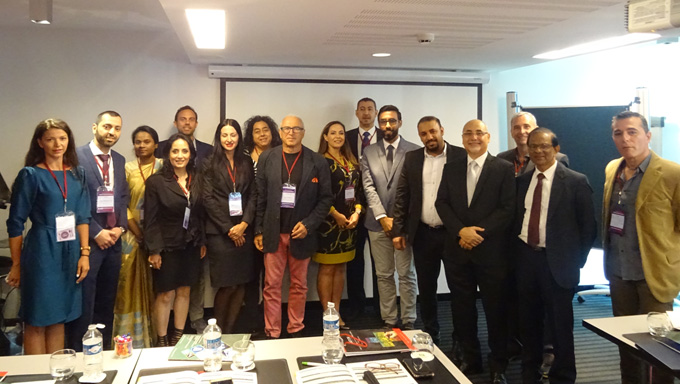
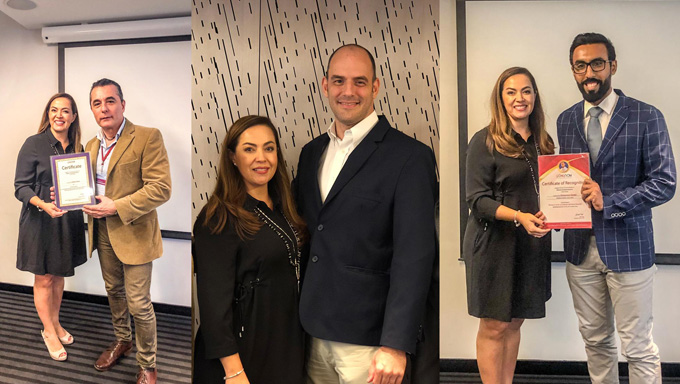
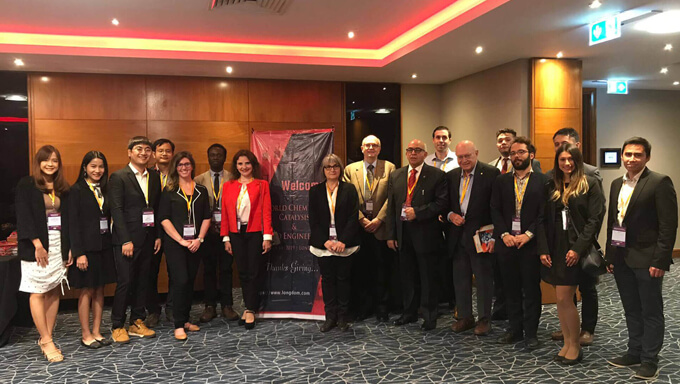
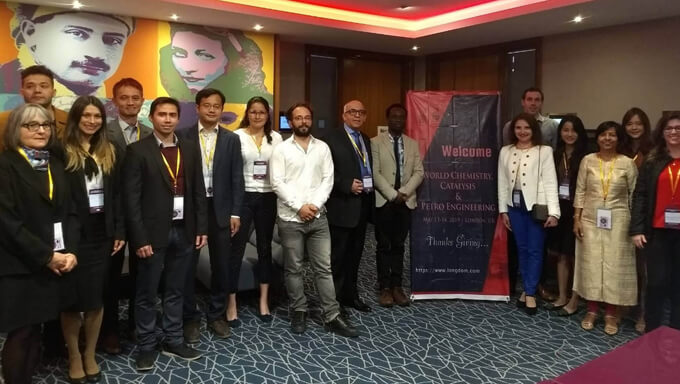
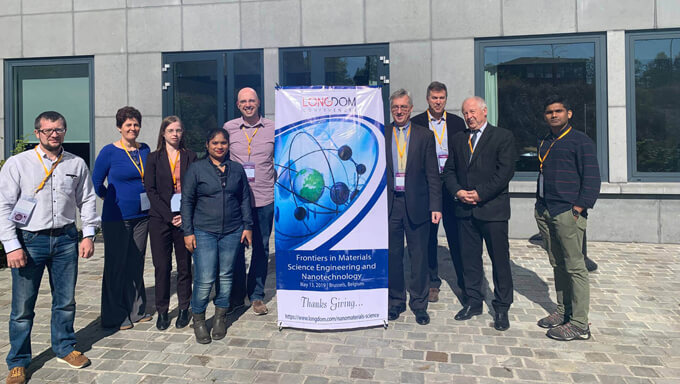
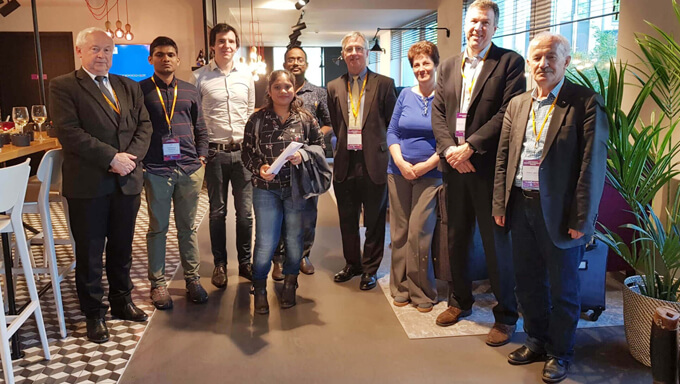
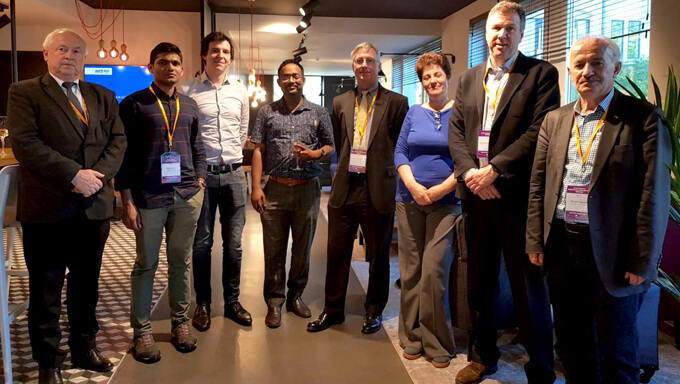
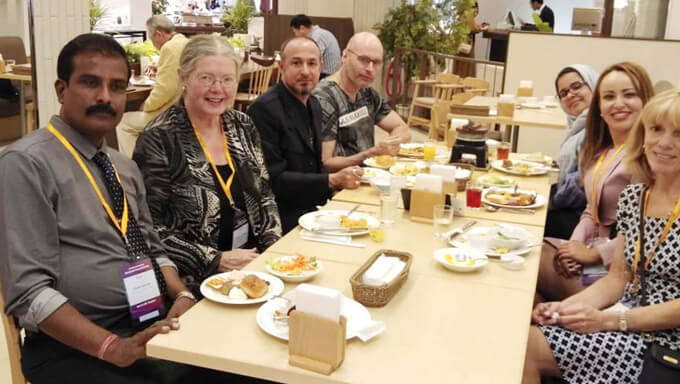
Microbiology refers to the careful study of microscopic organisms, like fungi, bacteria, protozoa, and Achaea. It's the branch that has elementary and huge analysis on the organic chemistry, ecology, cell biology, physiology, evolution and clinical options and characteristics of microorganisms, besides the host’s response to those microbes.
Microbiology is one of the most applied branches of science. Its outstanding applications in the field of food microbiology, medical microbiology, industrial microbiology, soil microbiology, water and wastewater microbiology, microbial technology (biotechnology), extraction of metals, and environmental microbiology including the use of microorganisms as biosensors are as given below.
Developing countries increasingly see biotechnology as an avenue to improving the quality of life of their residents. Wonderful things are being predicted, and a capability is building to assure developing countries that they will benefit from the biotechnology revolution, and not become its victims (van Hemertet al. 1983). Outstanding in this regard, despite legal and other problems, is the establishment, by the United Nations Industrial and Development Organization (UNIDO), of twin International Centres for Genetic Engineering and Biotechnology (ICGEB). The centers are under the guidance of a panel of eminent scientific advisors that includes four Nobel Laureates. This panel thinks that excellence and not nationality will be the basis for the selection of directors and senior scientific staff for the centers. One center is planned for New Delhi, India, and its clone will be built in Trieste, Italy. Their proposed programs are based on the assumption that three years will be required to bring the centers to full operating capacity. In the fourth year, it is expected that 31 scientists, 20 postdoctoral fellows, and 30 technicians will be working at each location. The Indian facility will focus on agricultural biotechnology and animal and human health, whereas research at Trieste will concentrate on industrial applications of biotechnology. At both locations, programs will be relevant to problems of developing nations, they will not duplicate programs at other institutions, and to the greatest extent possible, they will be result-orientated. A biophysicist, Dr. Burke Zimmerman, has been appointed Acting Director of the center's projects. He has been a consultant to biotechnology firms and the United States Congress as well as a special assistant to the Director of the National Institutes of Health. He is experienced in policy-making on a broad spectrum of scientific and environmental issues, and in his recent bookBiofuture: Confronting the Genetic Era, Dr. Zimmerman (1984) wrote, “The next decade will witness many efforts to extend biotechnology to all corners of the world. Idealism, however, must be coupled with a keen sense of the real problems which now confront developing countries, whether economic, educational, political, or ideological. Some countries are torn by war at present; many others are in the midst of a severe economic crisis. It would be too much to expect these endeavors to proceed smoothly and logically, governed by vision. Instead, biotechnology is likely to come slowly to the areas of the world which need it most, through trial, error, and muddling along, through the sustained efforts of dedicated men and women, but, in time, changing the way the world lives.”
Approximately 120 companies have been identified to be involved in animal biotechnology and are profiled in the report. These are a mix of animal healthcare companies and biotechnology companies. Top companies in this area are identified and ranked. Information is given about the research activities of 11 veterinary and livestock research institutes. Important 108 collaborations in this area are shown
Industrial microbiology is primarily associated with the commercial exploitation of microorganisms and involves processes and products that are of major economic, environmental and gregarious consequentiality throughout the world.
COVID-19 is an infectious disease caused by the most recently discovered corona virus. This new virus and disease were unknown before the outbreak began in Wuhan, China, in December 2019. The most common symptoms of COVID-19 are fever, tiredness, and dry cough.
As referenced above, only one out of every odd organism is perilous to wellbeing rather some are useful in keeping a solid stomach related framework, in journal processing plants, bread kitchens however to each one of the individuals who acquire shifts sound and prosperity states of people are named as pathogens or the unsafe ones. Every pathogen has its own initiating or living locales alongside its curious and individualistic qualities, sources and indications. Right off the bat, basing on the age class to which they spread contaminations, they cause Pediatric Infectious Diseases, Grown-up Infectious Diseases. Furthermore, basing on the method of transmission, they cause: Vector-Borne and Zoonotic Infectious Diseases, Nourishment and Water Borne Infectious Diseases, Airborne, and Contact Infectious Diseases.
An antibody is a crippling type of microorganism or infection that is embedded in the body to reenact genuine contamination. Because of the reality, the immunized organisms are 'dead,' they don't rationale an individual to wind up wiped out. Moderately, immunizations invigorate and upgrade an invulnerable reaction by utilizing the body in a superior method to ward off a wide range of diseases. It summarizes irresistible malady destinations and non-irresistible affliction targets.
We let our ground-breaking work and our amazing clients speak for us…… LONGDOM conferences